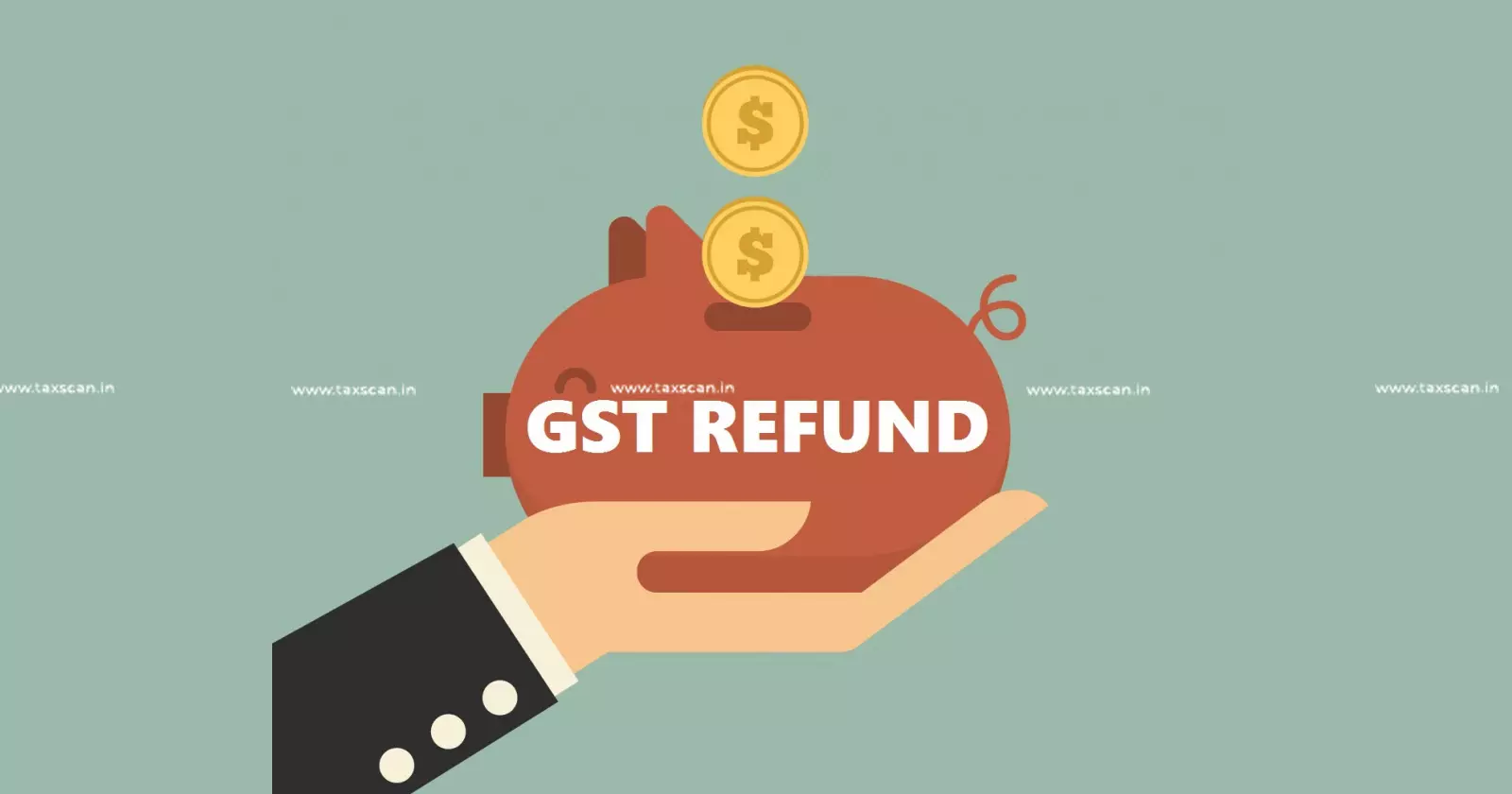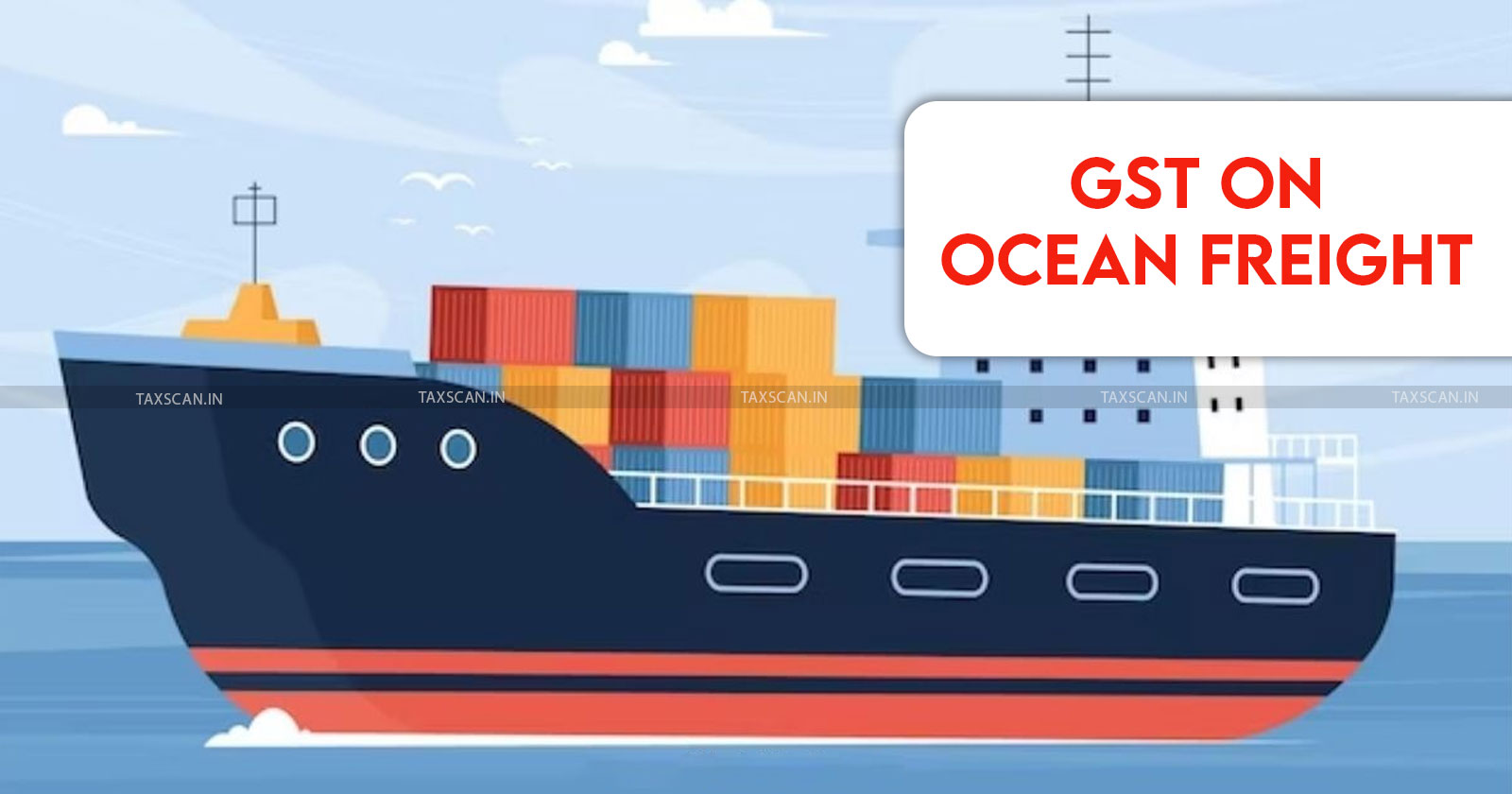GST Refund on Ocean Freight: Analysing Impact of SC's Mohit Minerals Ruling in Louis Dreyfus Case
In cases when the levy itself is unlawful, tight restriction periods may not be enforced, although taxpayers may still be required to submit refund petitions within a reasonable time limit

The Goods and Services Tax (GST) levy on ocean freight has been one of the most contested topics in indirect tax law in recent years.
The problem is with the reverse charge mechanism (RCM)'s application of Integrated GST (IGST) to ocean freight, especially in Cost, Insurance, and Freight (CIF) contracts, where the shipping line hired a foreign supplier but the Indian importer was left with the tax burden.
In Union of India v. Mohit Minerals Pvt. Ltd, 2022, the Supreme Court declared the IGST duty on ocean freight to be illegal and in violation of the GST's whole intention.
Following this ruling, refund claims by importers who had already discharged tax under protest began surfacing. In Louis Dreyfus Company Private Limited v. Union of India & Ors., ruled on June 27, 2024, the Andhra Pradesh High Court examined one such claim.
Issue of Ocean Freight Levy
IGST was levied on ocean freight services for the transportation of imported goods on a CIF basis under Notification No. 8/2017-Integrated Tax (Rate) and Notification No. 10/2017-Integrated Tax (Rate). Even though the importer was not the party to the contract with the foreign shipping line, the responsibility was placed on the Indian importer under RCM.
This dual levy resulted in double taxation: IGST on the CIF value of imports at the time of customs clearance, and an additional IGST on ocean freight. Importers across India challenged the validity of this levy.
Supreme Court’s Decision in Mohit Minerals Case
In the Mohit Minerals case, the Supreme Court upheld the decision of the Gujarat High Court, declaring that the IGST duty on ocean freight under CIF contracts was unconstitutional. It decided that there could be no further assessment on the freight component after the importer had already paid the IGST on the CIF value at the time of import, since this would be considered double taxation. The Court further ruled that the notifications enforcing this levy went beyond the scope of the IGST Act's provisions and the GST’s nature.
The Louis Dreyfus Case
While the Mohit Minerals lawsuit was pending, Louis Dreyfus Company Pvt. Ltd., an important commodity trader, paid IGST on ocean freight in protest. After the Supreme Court's ruling, the business claimed that the charge was unlawful and requested a refund of the tax paid plus interest.
On the grounds of limitation, lack of unjust enrichment, and the applicability of Section 54 of the CGST Act, 2017, the GST authorities denied the refund petitions. Louis Dreyfus, enraged, went to the Andhra Pradesh High Court.
Standardize Accounting Policies – Specimen Drafts at Your Fingertips! Perfect for internal reference and client consistency - Click here
The High Court was called upon to decide: Whether the petitioner was entitled to a refund of IGST paid on ocean freight in light of Mohit Minerals and whether such refund was barred by the principles of limitation under Section 54 of the CGST Act.
Decision of Andhra Pradesh HC in Louis Dreyfus Case
The Andhra Pradesh High Court ruled that any taxes collected under the levy were unlawful and had to be refunded after the Supreme Court invalidated the charge itself. According to Article 265 of the Constitution, no taxes may be imposed or collected unless authorized by legislation. The court clarified this in its judgment.
On the issue of limitation, the Court observed that since the levy itself was unconstitutional, refund claims could not be strictly barred by the procedural timelines under Section 54. The Court stated that substantive justice must prevail over procedural constraints in cases where a tax is collected without authority of law.
Justice Raghunandhan Rao and Justice Sumathi Jagadam observed that “Where the levy of tax itself is found to be invalid or based upon an enactment or charging provision, which is subsequently found to be invalid or violative of the Constitution of India, any payment made in discharge of such a liability, cannot be treated as an exaction of a tax at all. In such circumstances, payment of such an invalid tax would not be collection of tax and can be treated only as payment made by the dealer or a registered person, under a mistake of law. Once the payment of money is not treated as payment of tax, the question of applying any period of limitation, set out in any provision of the Act, for refund of money cannot be applied. We are in respectful agreement with this proposition of law.”
Consequently, the bar of unjust enrichment under Section 54(8) did not apply. The refund, therefore, was rightly claimable. The High Court allowed the writ petition and directed the authorities to process the refund claim of Louis Dreyfus, with applicable interest, in accordance with law.
Interplay between Mohit Minerals and Louis Dreyfus
The Andhra Pradesh High Court's decision in the Louis Dreyfus case shows Mohit Minerals' in refund cases. Louis Dreyfus addressed the procedural difficulties assessees had in recovering sums they had previously paid, whereas Mohit Minerals resolved the constitutionality of the levy.
Implications of the Decision in Louis Dreyfus
The Louis Dreyfus decision provides importers greater power when they seek refund for IGST paid on ocean freight. The taxpayers who had paid under protest or otherwise now have judicial backing for refunds, provided unjust enrichment is not attracted.
The court's decision shows the necessity of finding a balance between constitutional demands and administrative constraints under Section 54. In cases when the levy itself is unlawful, tight restriction periods may not be enforced, although taxpayers may still be required to submit refund petitions within a reasonable time limit.
The decision makes the exchequer more vulnerable to refunds. The clear procedures for addressing such accusations, including examination of unjust enrichment, must be established by authorities. The reasoning presented in Louis Dreyfus may apply to other situations in which courts overturn levies. In order to prevent taxpayers from being excessively burdened by requests that are unconstitutional, refunds may need to be given regardless of limitations.
Parallely with the positive implications, the negative side expected to be that the maximum time limit for claiming the refund. While the Court waived limitation in this case, it remains unclear whether refund claims filed after huge delays would still be entertained. Also, the burden lies on the taxpayer to prove that tax incidence was not passed on, which may not always be easy to establish.
Thus, the Andhra Pradesh Court’s decision in Louis Dreyfus clarified that refunds of IGST paid on ocean freight cannot be denied on technical grounds of limitation or procedure when the levy itself is unconstitutional. By applying Article 265 and the doctrine of unjust enrichment pragmatically, the Court has ensured that taxpayers are not left remedial.
 Also Read:GST Refund on Ocean Freight Cannot be Denied on Limitation Grounds: Andhra Pradesh HC in Louis Dreyfus Case [Read Order]
Also Read:GST Refund on Ocean Freight Cannot be Denied on Limitation Grounds: Andhra Pradesh HC in Louis Dreyfus Case [Read Order]
Support our journalism by subscribing to Taxscan premium. Follow us on Telegram for quick updates


